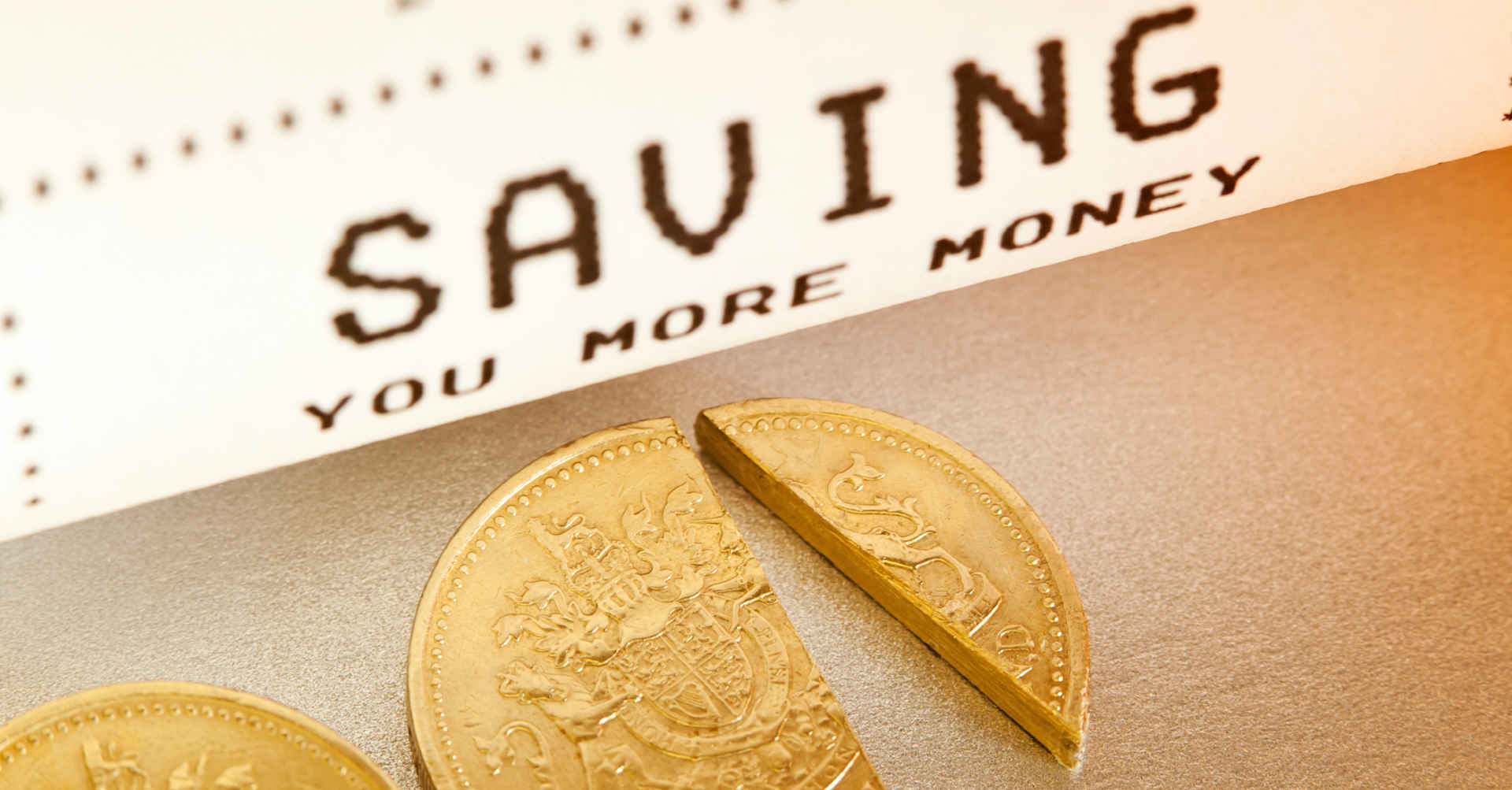There is a growing public awareness of the fact that the fees that financial advisors charge you will reduce the growth on your investments. We spoke to a financial advisor to find out how much advisors charge, the impact that different fees have on investment growth and the service you should expect from your advisor in return for the fees.
Some backgroundWhen you invest money with a financial advisor, the advisor will charge you fees. These fees are often invisible to the investor, because unlike when you visit a doctor or a lawyer, you don’t pay for every hour of time that you spend with your advisor. Instead, your advisor will charge you a percentage of your investment at the time that you make the investment, and then again annually, on the total capital.
However, next year a new policy called Retail Distribution Review or RDR could come into effect requiring independent financial advisors to be more upfront about how much they charge for services, and banning the commission that they earn on selling financial products. RDR aims to ensure that financial advisors’ advice is truly transparent, independent and not based on the commission that they earn.
What fees are charged?Investment fees are often invisible to the client, because they are charged as a percentage of the capital and deducted before returns are reported. In fact, in a study recently carried out by PricewaterhouseCoopers, it was revealed that many customers don’t know that they pay their advisors, and even if they do know, have very little idea how much they are paying them.
This is how some of the fee structures for different investment scenarios work:
If you purchase a basket of unit trusts via a linked platform with the help of a financial advisor, these fees are capped at 3% of the capital at investment, and 1% of the total capital annually for the term of the investment. Most financial advisors, however, charge significantly less than either of these caps.
For investing on the stock exchange, there are three types of fees: an administration fee, which is paid at a pro-rata rate of around R150 per quarter, a brokerage fee, which comes into effect every time you buy or sell a share and is calculated on a sliding scale depending on the experience of the broker and the size of the sale or purchase, and a management fee, which is 1% to 1.5% of the annual portfolio, and can be waived if the client manages their own affairs.
There are additional complex fee structures for investment products like retirement annuities purchased through insurance companies, which can be requested from each specific broker.
Although the range and complexity of advice and management fees across various types of investment are vast, it’s important to be aware that although they sound low – at less than 1% to 3%, they add up over time.
If you are concerned or uncertain about any financial advisor’s fee structure, you can get in touch with the Financial Services Board or the Financial Planning Institute for clarity.
How fees work, in practiceTo show how these fees add up, Stuart Kantor, managing director at Kanan Wealth carried out a calculation on an ongoing unit trust investment of R1 000 per month for 10 years with 13% growth per annum, with a 1% initial fee, and with a 0.75% annual fee, a 1% annual fee and a 2% annual fee, chosen to show the range of charges.
At the end of 10 years, in all cases, R120 000 would have been invested. The capital growth would be as follows:
0.75% annual fee - R232 535.17
1% annual fee - R228 771.08
2% annual fee - R214 331.70
As you can see, there is a difference of R18 203.47 between the 0.75% annual fee and the 2% annual fee. Those small percentages add up to a significant amount of money over the term of the investment.
However, in the case of investments, it’s not as simple as comparing fees with fees. “Of course, it’s important to be aware of the fees you are being charged and how they affect your growth, but at the same time, you also have to look at the growth that your money will attract with a financial advisor acting on your behalf,” says Stuart.
The financial advisor’s expertiseFinancial advisors prepare a portfolio of shares, unit trusts or other products on your behalf, taking into account your goals and their projected performance of the various products. At the outset, your financial advisor will discuss with you how much risk you’re willing to take and balance that against how much of a return you hope to gain and in what timeframe you hope to gain it. So while it’s important to be aware of the fees you are being charged, it’s far more important to measure the performance of your portfolio. For this reason, many financial advisors will project the performance they expect on your portfolio after fees have been deducted. Just make sure that in all instances you are comparing growth after fees with growth after fees.
“It’s important to consider the work that a financial advisor does on your behalf,” says Stuart. “By using their expertise in matching a portfolio to your goals, they are providing you with an extremely valuable service. There’s no point in ditching an advisor that charges higher fees if they are getting you a much higher return than an advisor who charges lower fees.”
Be sure to track your investment’s performanceStuart says that it is important to continue discussing your portfolio’s performance with your advisor. If you have been promised a certain benchmark, you should challenge your advisor on whether or not they are achieving what they committed to and why.
“A good benchmark for a low-risk investment is inflation plus 4%,” says Stuart. “In a good market, the returns will shoot the lights out of the benchmark, but when the market is down or turbulent, an ethical advisor should be able to at least meet their benchmark or explain why.”
These kinds of discussions will become even more relevant when RDR comes into effect and advice fees are paid upfront by clients to financial advisors, rather than subtracted from the total capital of your investment. People will have to adjust to paying upfront for financial advice, but will as a result be far more demanding about what they get for it.
The message is clear: however fees are structured, always be aware of what you are being charged and why, but when you invest, remember that it’s the end result that matters.




